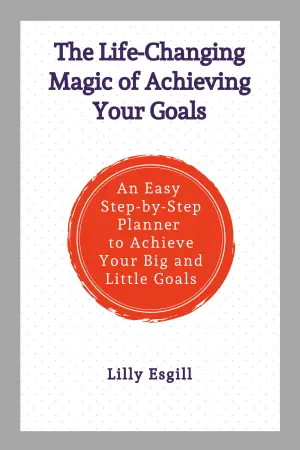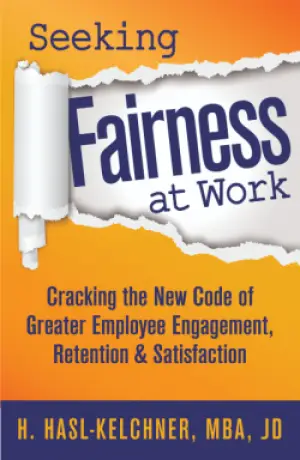Book Review: Culture Creep: Notes on the Pop Apocalypse by Alice Bolin
When I first stumbled upon the title Culture Creep: Notes on the Pop Apocalypse, I felt an irresistible pull to Alice Bolin’s work. The cover, striking yet contemplative, beckoned me into what promised to be a rich exploration of modern culture. Having not read her prior collection, Dead Girls, I took the plunge without preconceived notions, excited to dive into her thoughts on the complexities of pop culture, women’s experiences, and the implications of technology. I am thrilled to report that Bolin’s insightful essays have not only captured my imagination but have also sparked deeper reflections on my own relationship with the media and technology.
Bolin’s collection offers a series of essays that traverse a vast landscape of pop culture, from films and television shows to social media and fitness tracking apps. What stands out immediately is her keen ability to zoom in and out between personal experiences and broader societal critiques. In “The Enumerated Woman,” Bolin intricately examines how seemingly innocuous technology, like fitness trackers, impacts women’s relationships with their bodies. Her candid recounting of her own struggles with these tools resonates deeply. I appreciated her thought-provoking assertion that health has been transformed into a neoliberal responsibility, placing undue burden on individuals while neglecting systemic inequalities.
One essay that particularly intrigued me was “Foundering,” where Bolin dives into the world of scammers and the media portrayals surrounding them. Using the Fyre Festival debacle as a springboard, she echoes Jia Tolentino’s themes around how media narratives often glorify certain male figures while dismissing their unethical actions. This observation lingered with me, forcing me to reconsider how we often idolize flawed individuals under the guise of ambition. Bolin’s wit shines through here, offering a meaningful critique while keeping the reader engaged with her sharp commentary.
Her writing style is both approachable and incisive; she seamlessly weaves personal anecdotes with cultural critique. I found moments of unexpected humor sprinkled throughout, often catching me off guard in the best way. Her analysis of postfeminism recurs throughout the essays, challenging the notion of female empowerment while revealing the layers of existing patriarchal structures. It’s a compelling argument that invites readers to engage in deeper conversations about authenticity and agency in our lives, particularly for women.
While not every essay resonated equally with me—“Real Time,” which grapples with video games, felt a bit more narrative than analytical—the overarching themes Bolin explores are invaluable. In “Teen People,” she reflects on the evolution of women’s magazines in a way that sparked nostalgia and critical awareness simultaneously. Her examination of how these media forms have shaped societal expectations is a necessary discussion for anyone engaging with pop culture today.
In conclusion, Culture Creep is an exhilarating journey that I wholeheartedly recommend to readers interested in the intersection of culture and identity, particularly women’s experiences. Whether you’re a casual consumer of pop culture or an educator seeking discourse for your classroom, Bolin’s essays will leave you pondering the roles we play as both consumers and critics of media. This collection has not only enriched my understanding of contemporary culture but has also left me hungry for more of Bolin’s work, particularly Dead Girls. I can’t wait to see where her insightful lens will take us next.
Discover more about Culture Creep: Notes on the Pop Apocalypse on GoodReads >>
















